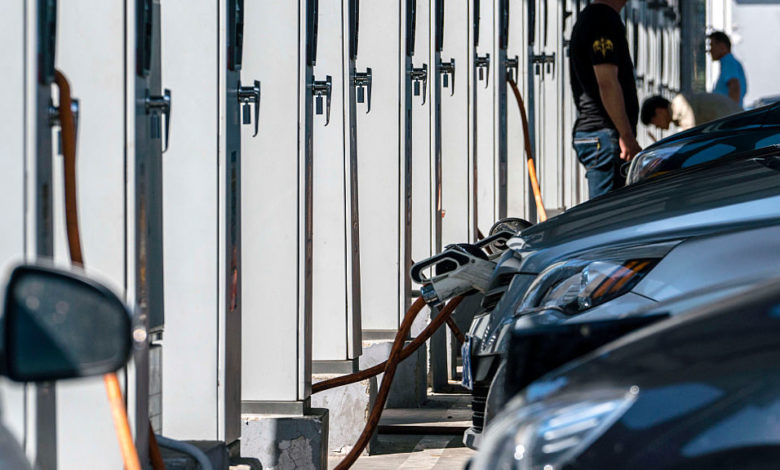
Photo: Zhang Peng / Getty Images
EnvironmentTechnologyGoing Electric Helps Asia’s City Dwellers Breathe Again
More and more Asian cities are turning to electric vehicles in hopes of reducing greenhouse gas emissions while also developing their transportation system.
Many a metropolis on the vast continent belongs to the group of the world’s 100 most polluted cities and inhabitants are desperate for improved air quality.
“Authorities are realizing that they can extend metro lines and convert to electric-powered buses that not only lower emissions, but also reduce congestion and improve air quality,” said Madan Regmi at a U.N. climate event in Bangkok.
Asia’s efforts of fighting transport’s rapidly growing cause of global warming are demonstrated in many cities around the continent. Bangkok, Thailand aims to transition from diesel engine ferries in its canals, to electric ones. In China, Shenzhen’s entire allocation of over 16,000 buses are now electric, and Beijing is also moving to green vehicles. Pakistan plans to launch electric rickshaws and motorcycles, while India – dominating as the most polluted city in the world according to a Greenpeace air quality report – has begun its switch to e-vehicles, and is planning a full shift to electric vehicles by 2030.
Mir Reza Ozgen, an urban and regional planning official, also added that in Khyber Pakhtunkhwa, Pakistan, the U.N. funded “pink” buses – vehicles that are hybrid or use clean diesel technology – will benefit around 1.4 million women each year, who need a transport system cheaper than the private alternative, or who need to avoid the risk of harassment on public transport.
“These buses will not only reduce emissions, they will also increase the mobility of women and their access to economic opportunities, so there will be several long-term positive impacts,” said Ozgen in Bangkok.



